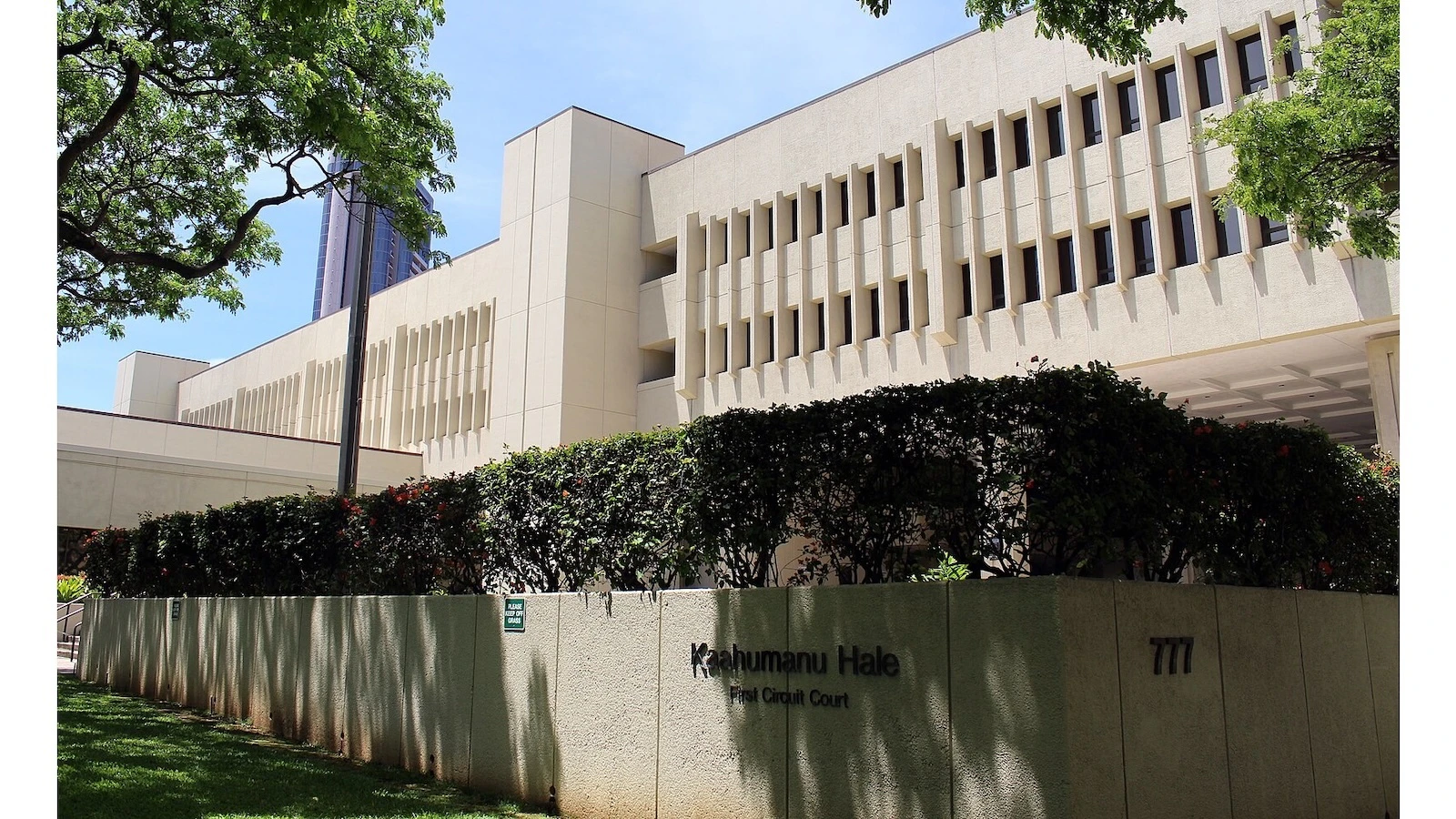A man convicted of sexual assaulting a woman on Maui more than three decades ago will challenge his conviction before the state Supreme Court.
On Jan. 24, 1991, Daniel Granillo was convicted of kidnapping, two counts of first-degree sexual assault and another count of attempted first-degree sexual assault.
The charges arose from an incident on Maui on May 26, 1989. According to a woman who would later file charges against Granillo, she had been waiting in a parking lot when Granillo arrived in the lot, struck the woman, dragged her into his car, drove to a beach and held her at knifepoint while telling her he would kill her if she did not stop crying.
He then reportedly sexually assaulted the woman and repeatedly struck her before she escaped Granillo’s vehicle.
During Granillo’s trial, an FBI special agent named Wayne Oakes testified as an expert witness. Citing his expertise in hair and fiber analysis, Oakes confirmed that a hair found in Granillo’s car belonged to the woman and had been torn out at the roots, and that fiber samples taken from the car seat matched fibers from the woman’s underwear.
On the strength of that evidence, along with other witness testimony, a jury found Granillo guilty, leading the Maui Circuit Court to sentence him to two consecutive 20-year sentences in prison.
But 26 years later, that evidence may have evaporated. In Oct. 2017, U.S. Department of Justice informed the Maui County Prosecuting Attorney’s office that Oakes’ testimony “included statements that exceeded the limits of science.”
Specifically, the DOJ letter stated that, while tests had found a "positive association" between the hair and its presumed source, Oakes had presented in court that there had been a "likelihood" of the sample coming from said source, an unscientific presumption.
The timing of the case and the DOJ letter coincides with the discovery of widespread malpractice within FBI crime labs specifically regarding forensic hair samples in the late ’80s and early ’90s. A 2015 FBI news release quoted Peter Neufeld, co-founder of the Innocence Project, as saying that “FBI microscopic hair analysts committed widespread, systematic error, grossly exaggerating the significance of their data under oath with the consequence of unfairly bolstering the prosecutions’ case.”
And so, 28 years to the day since his conviction, Granillo petitioned to the Maui Circuit Court to vacate his conviction, based on the potential invalidity of the hair and fiber evidence.
The court denied the petition. Granillo then appealed to the Intermediate Court of Appeals.
Granillo argued to the ICA that the Circuit Court had erroneously ruled that the change to the evidence constituted a “harmless error,” a legal term meaning a ruling that was mistaken, but does not warrant a reversal of the original opinion.
Instead, Granillo argued that the court should have applied a test established in a 1978 Hawai‘i Supreme Court Case, State v. McNulty, which found that a motion for a retrial based on newly discovered evidence should be granted if the situation meets a series of four criteria.
However, the ICA found that Granillo’s case does not satisfy all four criteria. Among other things, the DOJ letter may impeach Oakes’ testimony regarding the hair sample, but does nothing to discredit his fiber analysis, which still “tended to show” the victim had been in Granillo’s car, the ICA argued.
Consequently, the ICA ruled in June to again reject Granillo’s petition for a retrial.
Nonetheless, Granillo appealed the case to the state Supreme Court. And, on Tuesday, the Supreme Court accepted his application.
An oral argument in the case will be scheduled at a future date.
Aloha State Daily reached out to Earle Partington, Granillo’s attorney, for comment.
For the latest news of Hawai‘i, sign up here for our free Daily Edition newsletter.





